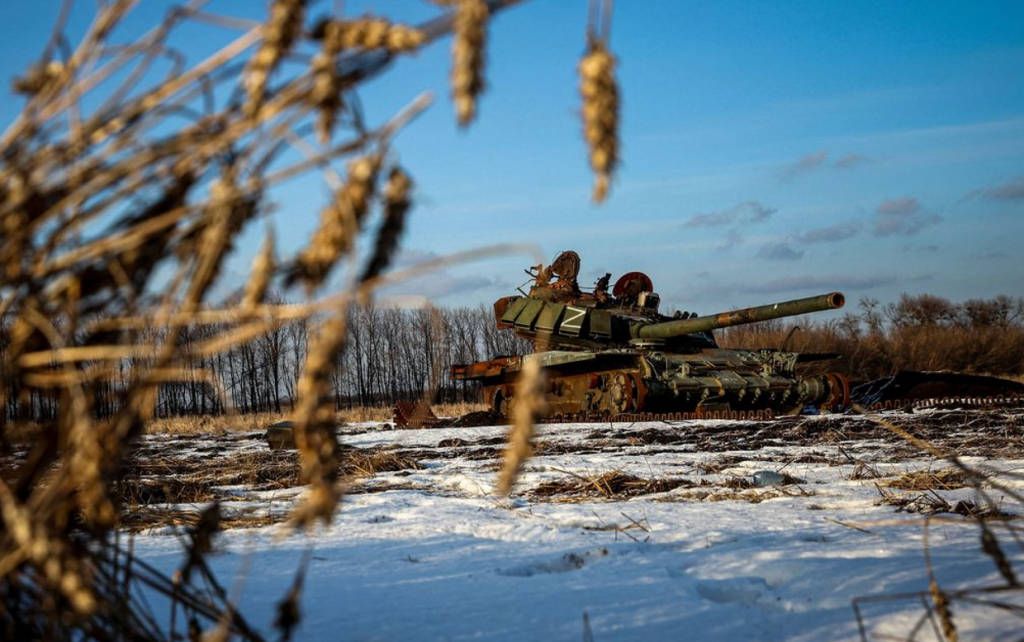Russia’s Potential for Large-Scale War in Europe
According to a recent unclassified intelligence assessment from the Danish Defense Intelligence Service (DDIS), Russia may see an opportunity to launch a large-scale war on Europe within the next five years. This warning is rooted in a strategic analysis that considers Russia’s ambitions and the current geopolitical landscape. The DDIS report suggests that Moscow might exploit perceived weaknesses in NATO, both militarily and politically, to expand its influence or achieve specific strategic goals. The assessment underscores the growing tension and unpredictability in the region, highlighting the need for European nations and NATO allies to remain vigilant and prepared for potential threats.
The Strategic Context
The warning from the DDIS is not baseless but is based on a comprehensive analysis of Russia’s recent activities and strategic intentions. Since the Russian annexation of Crimea in 2014 and the ongoing conflict in eastern Ukraine, Russia has demonstrated a willingness to use military force to achieve its geopolitical aims. Additionally, Russia’s involvement in Syria and its cyber operations against Western targets have shown a multifaceted approach to exerting influence and destabilizing adversaries. The DDIS report notes that these actions are part of a broader pattern of behavior that Moscow has adopted to challenge the status quo in Europe and beyond.
NATO’s Vulnerabilities
One of the key factors that the DDIS considers is the potential for NATO to be perceived as militarily weakened or politically divided. NATO, a military alliance of 30 member countries, has been a cornerstone of European security since its founding in 1949. However, the alliance has faced several challenges in recent years, including disagreements over defense spending, differing priorities among member states, and the growing influence of populist and euroskeptic movements. These internal divisions could provide Russia with the confidence to take more aggressive actions, believing that a weakened NATO would be less capable of mounting a strong and unified response.
The Impact of Political Division
The political division within NATO is particularly concerning. The report highlights that if member states are unable to present a united front, Russia may exploit these fissures to create further instability. For instance, disagreements over the expansion of NATO to include countries like Ukraine and Georgia have been contentious. Russia views these potential expansions as a direct threat to its sphere of influence and has reacted with hostility. The DDIS warns that such political divisions could be aggravated by Russian disinformation campaigns, which are designed to sow discord and weaken the resolve of NATO members.
Preparing for the Worst
To mitigate the risk of a large-scale conflict, the DDIS recommends that European nations and NATO allies bolster their military capabilities and strengthen political cohesion. This includes increasing defense spending, improving interoperability among allied forces, and enhancing cyber defense measures. The report also suggests that diplomatic efforts should be intensified to address Russia’s concerns and reduce tensions. By reinforcing their collective defense and showing a united front, NATO countries can deter Russian aggression and enhance regional stability.
Humanizing the Threat
The threat of a large-scale war is not just a matter of strategic analysis and military readiness; it has profound implications for the lives of ordinary people across Europe. For those living in countries that are closest to Russia, such as the Baltic states, Poland, and Finland, the possibility of conflict is particularly alarming. Families in these regions worry about the safety of their loved ones, the stability of their communities, and the economic impact of potential military actions. The DDIS report serves as a sobering reminder of the importance of maintaining strong alliances and robust defense mechanisms to protect the peace and prosperity that Europeans have come to expect. It is a call to action for policymakers and citizens alike to remain engaged and vigilant in the face of a complex and evolving security environment.












